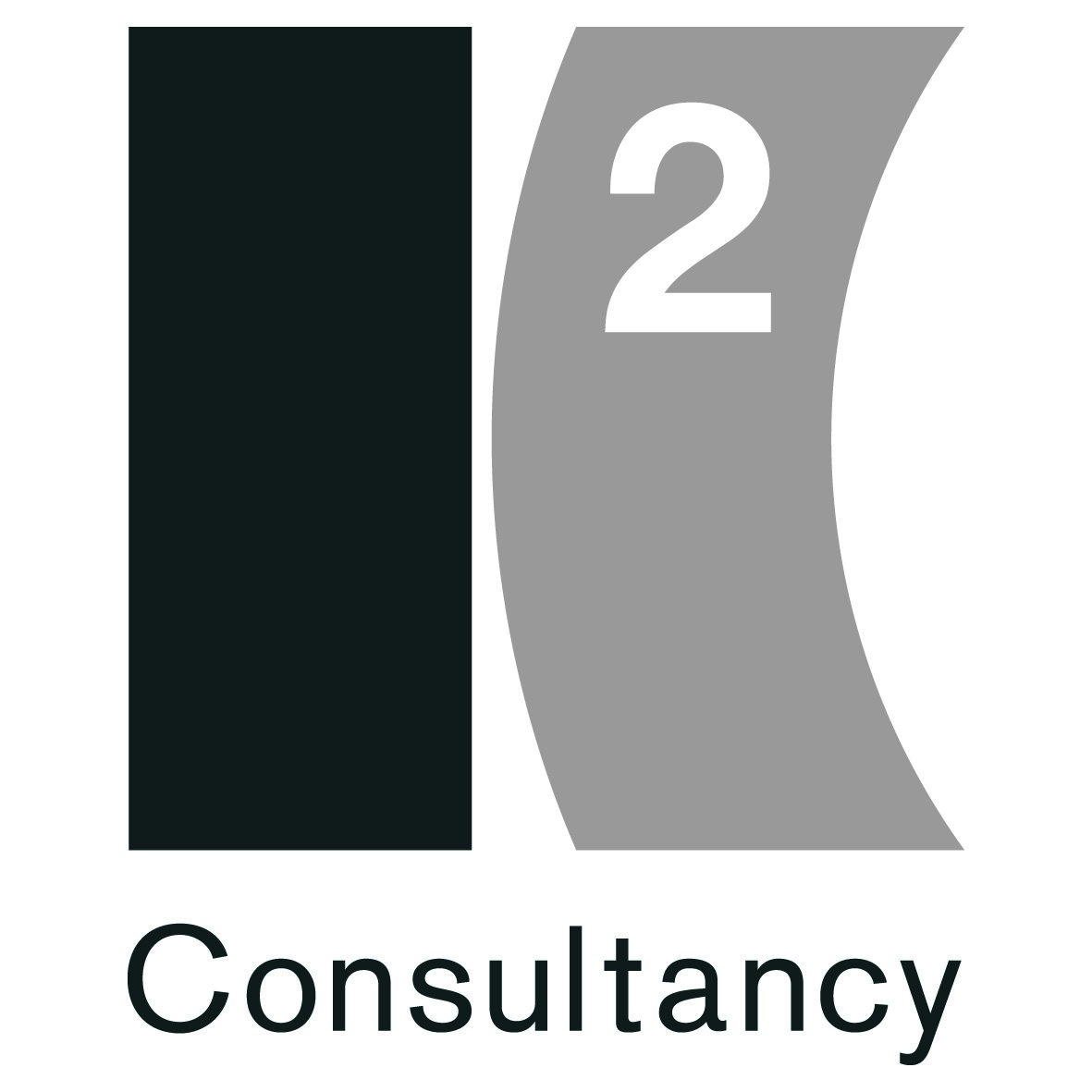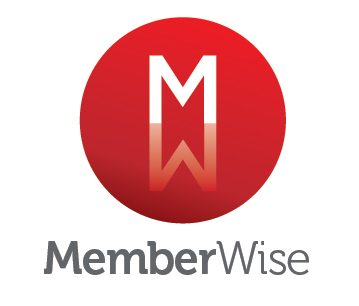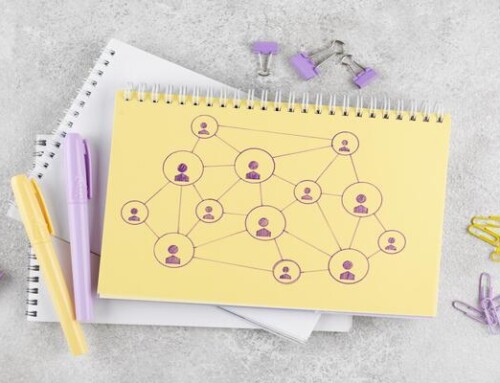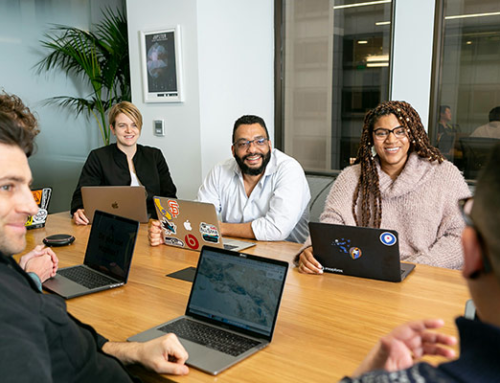Authors: Katherine Grimshaw and Kim Ansell, K2 Consulting
One of the most difficult decisions for membership organisations looking to take their first steps towards international growth is where to start. As we discussed in our last blog, the opportunities seem endless, the potential numbers mind-boggling and the risks can easily get overlooked in all the excitement.
So where should you start?
A better question is where can you start, and to answer it you need to know what assets you have already that can help focus your attention on choosing the right route.
So start here….
• Do you already have members based outside the UK?
• Do your products have a currency outside the UK
• What languages do your members use at work?
• Do your members in the UK operate internationally?
• What would stop your members working outside the UK?
• Are any of your current partners more international than you?
• What do you know about organisations who do what you do outside the UK?
• Who in the UK can help advise you?
Where are your members?
If your members are all in the UK and it is not a condition of membership, then you need to understand why.
If you already have an international list of members, then some analysis of where they are, how long they have been there and how they got there can be very useful. Are your members working in diverse sectors, mostly in SME’s or are they likely to be independently operating in a non-UK market?
Once you have identified clusters or groupings, you can start to understand why those members are there and then ask them how they believe you can both support them and grow locally.
The wider the input, the broader the ideas, but make sure the decision-making process is clear – many an organisation has been committed to an ultimately non- productive foray into unchartered markets by an enthusiastic group of evangelist members.
Do your products and services have currency outside the UK?
Are the products and services you offer in the UK of value to similar groups of people outside the UK? Do you have intellectual property- a qualification, cpd materials, a competency framework – which would be of value?
If all your products and services are only in English, this could impact your priorities. International development is complicated enough without adding the intricacies of translation. And what would you translate – your products and services maybe but what about your marketing, communications or agreements?
What languages do your members use at work?
Having reviewed where your members are, you might have some idea of how ‘international’ their employment environment is. Are the majority working in multi-national companies, where English is either the first language of the business or the second language of most of the employees?
Are your UK members working in an international environment?
Even if your members are located in the UK, they may well be working in an international context. So what and who do they need to know, and, importantly, how can you help them build the networks they need to be effective?
What would stop your members working in a particular country?
Do they need a license to practise? Do they need local technical knowledge or registration?
Do you have any MRA’s in place? Are there ways you can cut through bureaucracy to help grow your membership?
How global are your partners?
Are the employers and learning partners that provide CPD for your members or education and training for your students operating outside the UK? Do they have digital services that can be offered outside the UK? An internationally well-established partner can reduce your risk. A partner wanting to take the same approach can share and help mitigate risk.
Who else is out there?
What do you know about how people outside the UK who do what your members do are supported and networked? Is there an organisation like yours and if so are they a potential friend? Is there a global network, federation or association of bodies like yours that could help you?
Who can help you?
And, as well as these ‘assets’ such as your members, partners, suppliers and similar organisations already out there, there are many government and non-governmental organisations that can help. The British Council, UKTI, CBBC, UKIBC, British Embassies around the world, EU Commission, all are keen to support and guide organisations to promote UK services globally.
And probably the best place to start is with MemberWise, with its network of organisations and Recognised Suppliers who collectively have a wealth of experience and expertise.
 Authors: Katherine Grimshaw and Kim Ansell, K2 Consulting
Authors: Katherine Grimshaw and Kim Ansell, K2 Consulting
K2 Consulting are experienced strategy and development consultants with a track record of delivering value for membership, professional qualification and higher education organisations.








Leave A Comment